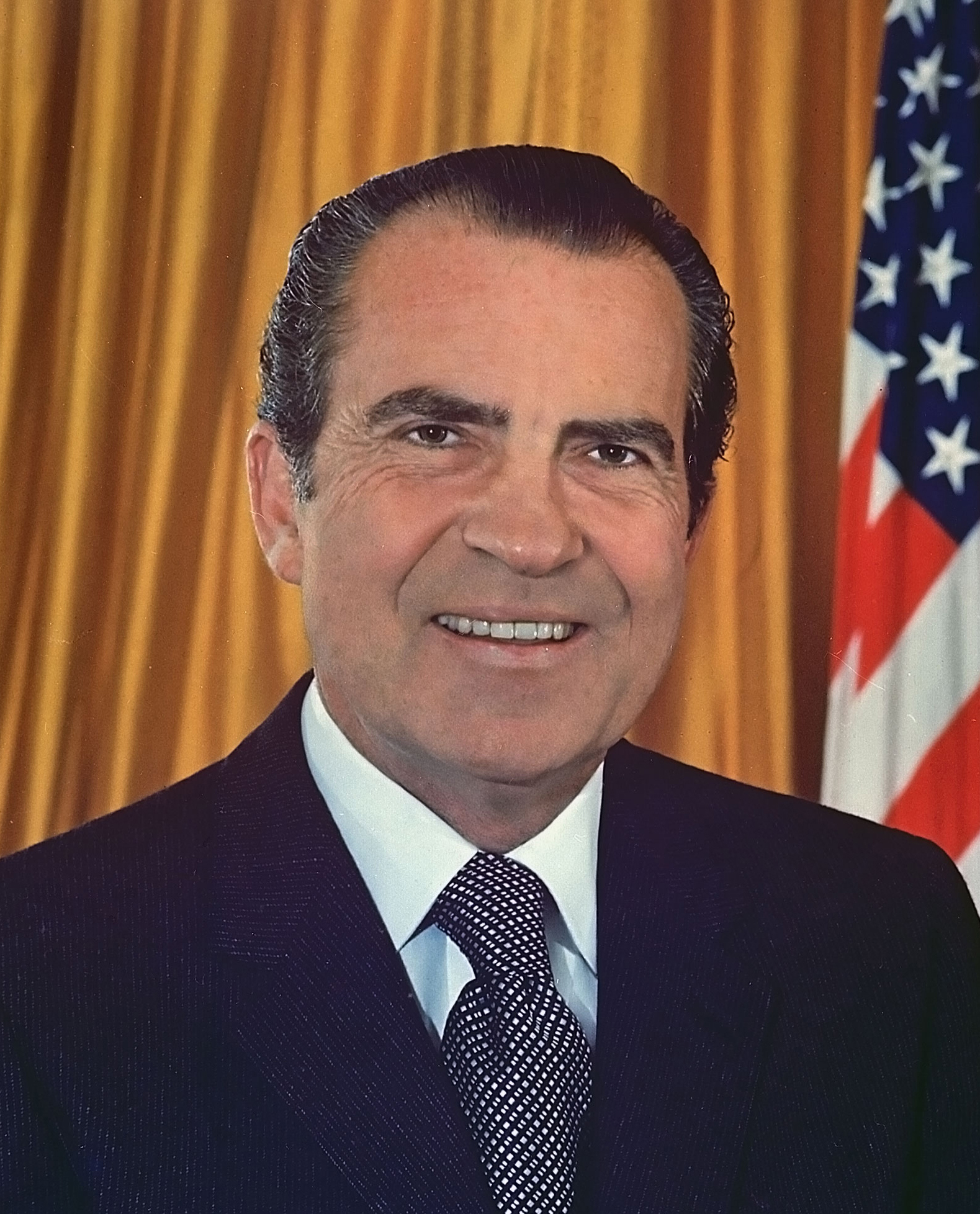

There is a small but nevertheless significant chance that the front-runner for the GOP nomination this year will not have won 50% + 1 of the delegates to allow him to have a lock on a first-ballot nomination at this year's Republican National Convention. The last time that this happened was at the 1976 Republican National Convention. In 1976, Gerald Ford was the "front-runner," but nevertheless fell short of a delegate lock. Ronald Reagan was close behind. A floor fight ensued at the convention before the first ballot, and the story goes that, after Reagan announced that he would pick a "liberal" running mate, the Ford team was able to convince an unbound Mississippi delegation to throw its support to Ford (Gerald Ford, with his career spent mostly in the U.S. House of Representatives, had a team who knew how to whip a floor vote). The Mississippi delegation put Ford over the top and secured the nomination on the first ballot. That's the story, anyway.
Here and now in 2012, there's a chance that Romney could go to Tampa without the requisite 50% + 1 delegates to clinch the nomination on the first ballot. Even if this should be the case, the Romney team, as did the Ford team, could still easily clinch the nomination on a first ballot. It would be a matter of lobbying and convincing unbound delegates to shift their support to Romney. While the political junkie geek in me would relish a bona fide floor flight with multiple ballots (what theater!), the rational political science geek in me believes that such a floor flight with multiple balloting likely would not occur. The very well-organized Romney team, like the very well-organized Ford team, would have it covered.
In this modern (post-modern?) era of political parties and the political primary system, it's exceedingly rare that even the possibility of a contested nominating convention could come about. The last time there was a real possibility of multiple convention ballots for either party was 1976 - some 36 years ago. (I'm an old man ... and even I wasn't alive in 1976!) In other words, even the possibility of a contested convention isn't "supposed to happen" in the modern system. By now, there should be a "solid front-runner." And, even if there isn't a solid front-runner, as was the case on the Democratic side in 2008 when two candidates seemed near-evenly matched, there should be very little talk of a "contested," "brokered," et cetera convention. But this year, there is such talk.
So, why is there so much talk as there was in '76? Why in 2012 are the dynamics of Republican Party's presidential nomination process similar to the dynamics in 1976? The one big similar factor that I can think of is that both 1976 and 2012 occur in the wake of a very unpopular twice-elected Republican President. George W. Bush's second-term approval ratings were right down there with Nixon's.
The difference within the similarity between 1976 and 2012 is this: Nixon was forced to resign the presidency two years before '76, while George W. was not forced to resign at all before 2008. Bush Jr. finished his second term.
So, only now in 2012 is the Republican Party working out how to proceed as a national party after its de facto leader and the leader's coalitional regime has collapsed. In 1976, the GOP had a head start on this process because its de facto leader (and the leader's coalitional regime) had stepped down two years prior. In 2012, the GOP can only now work it out. At the time that the Republican Party could have worked it out in 2008, the de facto leader of the party (and the leader's coalitional regime) was still in place. A party can't really work out its "post-failed-regime plan" until the failed regime has actually stepped down.
This isn't the type of observation that has any bearing on which party will win in November. The Democratic Party went through this process of "working it out" to a large extent in 1960 (a year when the Democratic Party won the Presidency with Kennedy), and to a lesser extent in 1992 (when the Democratic Party won the Presidency with Clinton). Going back to 1976, Gerald Ford almost defeated Jimmy Carter in November for a full term - a shift of a couple thousand votes in Ohio was all Ford needed, but Ford came up short there.
So, putting predictions aside, this seems to me what's going on in the Republican Party right now: A debate as to how to proceed as a national party after the fallout from George W. Bush. This was the same process that occurred in 1976: a debate as to how to proceed as a national party after the fallout from Richard Nixon.
The 2012 Republican primaries are a manifestation of the Republican Party's debate as to how to proceed after its coalitional regime has collapsed. It's coming a little bit late this time as compared to '76, because unlike Nixon, the Bush regime left office after the last presidential election, not two years before.
No comments:
Post a Comment